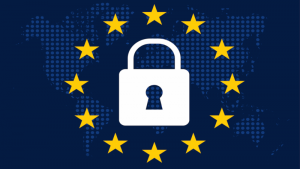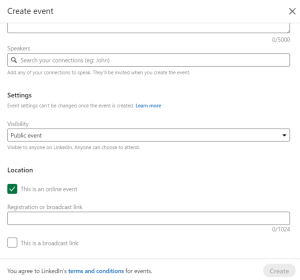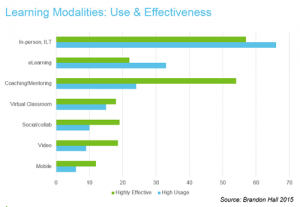When a brand finds itself on the wrong side of a hot-button social issue, its communications team tends to fly into crisis mode. The damage-control moves they make are familiar to anyone in the communications field: first it’s a public apology, then a large donation to a relevant nonprofit, followed by a penitential press tour.
Though this approach has its place and can be affective, the world is changing in complex ways that have led consumer audiences to demand more from their brands.
That’s why we believe that brands must start to live by their CSR message. This means not just participating in fundraisers, but prebuilding messaging and strategy into a social engagement infrastructure that is meaningful, effective, relevant, and ongoing. In other words, apologies are important, and post-crisis donations and nonprofit partnerships do matter, but they may not be enough anymore.
In an era of global interconnectedness, political upheaval, and elevated consciousness of social issues across the board, a fresh approach to CSR is needed.
Living v. Giving
In the wake of Black Lives Matter protests, brands have been reactively scrambling to add their voice to the race issue. Announcements of corporate support for BLM have become so common that AdAge actually built an online tracker to keep pace with it.
But the question, of course, is whether consumers actually buy it—and why should they? A major brand that (October 18, 2020) had little to say about race in America is now erecting banners in support of BLM. That’s fine, but for what reason would anyone think this isn’t purely about brand image, even in cases where it actually isn’t? Timing, strategy, thoughtfulness, and rigor matter here.
To begin with, brands must meet the moment by being less reactive and more preemptive: putting real purpose and strategy into CSR ahead of time and constructing a richly curated CSR identity long before any crisis erupts. This CSR identity should be tuned to effectively play offense instead of defense, making the brand a true stakeholder in the world of social issues. A great example of this is a company like Patagonia, which has been a leader in putting living before giving, engaging in meaningful socially-conscious branding and corporate leadership that goes well beyond practices like passive annual donations to UNICEF.
We think this can be done by, first, thinking about social investment in the way a CFO thinks of financial investment. As Patagonia would probably say, to not invest in a suite of socially-oriented nonprofits with wisdom and awareness is to, in some sense, actually put the brand in danger.
Establishing early relationships with a set of nonprofits has a lot more impact than typical big-check donations do (these can actually have the opposite effect). Truly authentic relationships between corporations and nonprofits buttress the work of both participants and allow consumers to view brands with more trust. In this arrangement, authenticity is key. And the most authentic CSR strategy is highly specific, relevant, and proactive.
Proactive, never reactive. Living, not just giving.
The Takeaway
How exactly to do that is quite complex, but we hope to see you at our next webinar to begin to learn more about the topic.
Above all, consumers are demanding that brands demonstrate leadership on our most pressing social issues. As are their employees. By embracing this idea in a robust way, companies win the hearts and mind of both cohorts, making their brands more effective and—wouldn’t you know it?—actually helping to make society better. It’s a win-win.
But you might ask: how can this be done effectively? How can a brand find the right issues to invest in and the best relationships to build? If you’ve asked yourself these questions, you’re already on the right track. Stay tuned for Part II of our series on CSR where we explain more about finding partnerships and identifying the benefits and value gaps in any CSR relationship.
Co-authored by Chris Weissman and Matt Fisher
Digital & Social Articles on Business 2 Community
(10)







